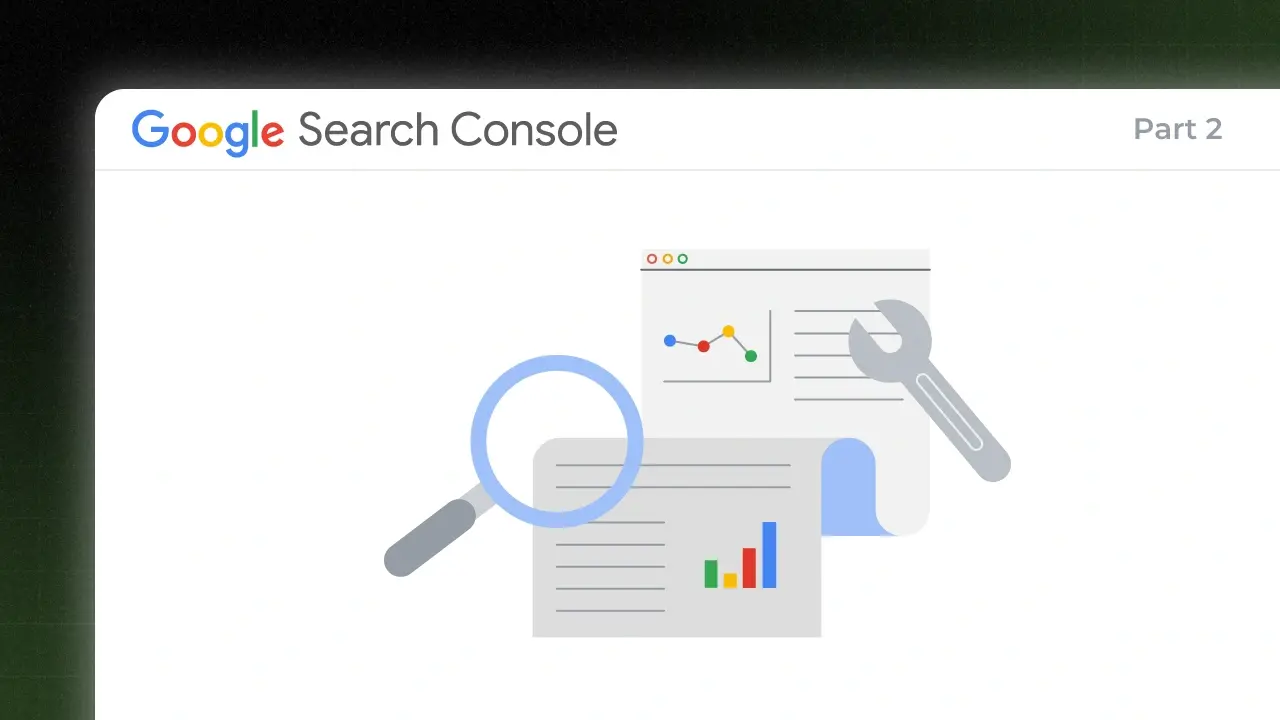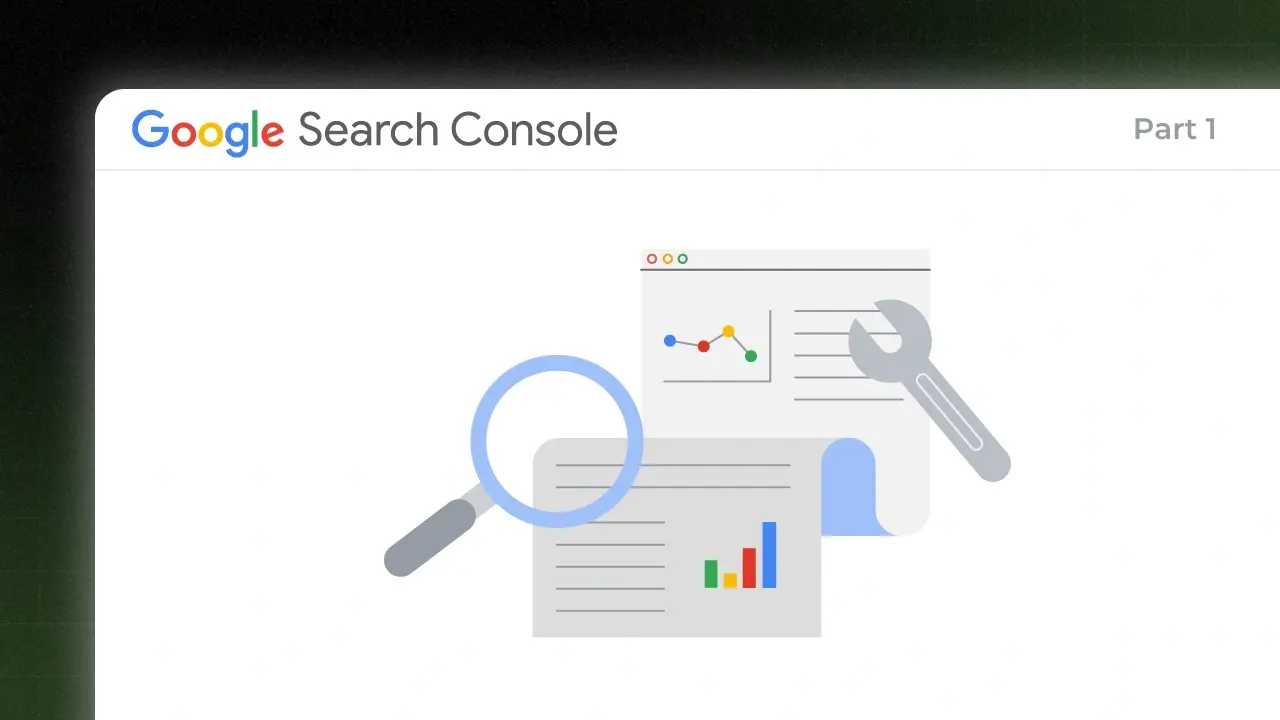
As a SaaS company, you are bound to have little time or resources for marketing, with your product and technical teams engaged in constant ideation and harnessing the latest technologies. Yet, developing a superior product is not the only way to steer your business towards growth.
Of course, if your product is not good enough or isn’t liked by your customers – there’s no way you can grow. But what if there are no customers to use your product or service; however good it may be?
Customers are the lifeblood of any business – SaaS or not. That’s why it is vital to get your software in front of the right audience by investing in a well-designed and optimized website – the top source of customer acquisition for SaaS according to research.

Boost your SaaS website traffic to increase sales
Web traffic refers to the number of people visiting your website. And, akin to a physical store, the more the number of potential customers that come to the store (your site, in this case), the more is the likelihood of sales.
But, the reality is slightly different in the virtual world. With no physical sales assistants to guide visitors and boundless opportunities to comparison shop, the conversion rate for most SaaS websites hovers around a paltry figure.
That’s why, in SaaS marketing, driving website traffic is not enough. There are other SaaS business metrics that need to be taken care of. When focusing on traffic what you need to drive is qualified traffic, that is, visitors who have already shown interest in your software and are more likely to convert as compared to uninformed visitors.
Without further ado, here are five strategies to help you drive qualified traffic to your website.
Conduct a Website Audit
We often judge a book by its cover and a company by its website. In fact, most of the negative experiences around sites are design related, and optimizing your website will not only reduce your bounce rate but also increase your traffic by supplementing your SEO efforts.
First, invest in a responsive website that offers an omnichannel experience across multiple devices. In a mobile-first world, you cannot hope to compete with a site that is not optimized for mobile. Even Google endorses responsive website design over separate websites for mobile and desktop in their ranking algorithms.
Research indicates that 85% of users expect the same or better experience from a company’s website when viewed on a mobile device. Besides, customers often use multiple touchpoints to interact with your brand. They may start searching on mobile and then move to the desktop, which stresses the importance of responsive web design.

Source: Cience
Next, check the loading speed of your site, as slow-loading pages and pictures are known to reduce customer experience considerably. The simplest way is to use Google’s PageSpeed Insights to check the loading speed of your pages. If you spot an issue, try these simple hacks to speed up your page:
-
Minify your code for quicker runtimes
-
Reduce the number of resources for lesser HTML requests
-
Reduce the number and size of images without impacting their quality
A technical audit may also cover content optimization, that is, finding and replacing broken images, replacing duplicate content, auditing internal links, and using the optimal number of on-page links.
Remember, poor website design reduces customer satisfaction, which also reflects on your site ranking and traffic. A regular site audit can help you identify and iron out such issues, to keep your website running in top shape.
Keyword Ranking for Organic Positioning
How will your audience find you online?
SEO solves this problem through keyword research – or short phrases that consumers use to find something specific online. However, if you are familiar with keyword research, you may have come across terms that return several searches per month but aren’t competitive enough, or it is hard to rank for them on Google. But don’t be deterred – keywords work wonders when you are highly targeted in your approach. Here are some relevant action points:
-
Think like your customers to identify the terms they are most likely to use while searching for your software. For instance, if you are a SaaS company offering a remote working platform and tools, you don’t want to rank for “SaaS company” but phrases like “work from home software”, “collaboration tools”, “virtual meeting technology”, etc., that are specific to the pain points you are addressing.
-
Avoid ranking for technical terms that your audience is not familiar with.
-
Try Google Ads Keyword Planner to find discoverable keywords that describe your services well.
Create helpful Content
Cliched as it may sound, Content remains king when it comes to driving sustainable traffic to your website. The proof of the pudding lies in numbers; have a look at the snapshot of an infographic shared by Copy Goals below:

The same infographic reveals educational content as the top choice of well-performing companies. Preferred formats include blogs, webinars, and case studies for knowledge-based content.
The learning?
Well, targeting the right keywords is only the first step in your SaaS marketing journey. The real challenge (and the opportunity) lies in creating powerful and compelling content around those keywords.
If you ask us, we don’t like promotional content on company blogs. In our view (and that of many other experts), your blog is a space where people look for informative or educational content to solve their specific problems. Don’t bog them by writing content that pushes your software down their throats.
Besides writing helpful content that adds some value to your readers, it helps to develop a unique voice or style of writing, synonymous with your brand and maintaining consistency in your posts.
-
Write research-backed content with actionable advice to educate readers or solve their specific pain points.
-
Make use of multiple content formats like blogs, case studies, webinars, infographics, etc., to keep your audience engaged.
-
Videos are known to create higher engagement. Spend some time in creating lucid, high-quality videos that show how your product can get a specific task done. Such videos can be integrated into hybrid webinars that include pre-recorded videos and live Q&A sessions with experts for the best results.
-
Try guest blogging for high-authority sites to build links. However, do make sure to choose the right blogs that target the same audience as yours with quality content.
Social Media Marketing
Having a social media presence can benefit your SaaS company immensely. From generating more traffic to brand awareness to cultivating a loyal following, social media marketing can help you attract the right traffic in many ways. For your Saas website, this translates to:
-
Using your social media platforms to promote your content (what we discussed in the previous point) and expand its reach effortlessly.
-
Inserting relevant keyword-based hashtags in your social media posts, especially on Instagram, to make them discoverable by potential customers searching for those particular terms.
-
Leveraging Influencer marketing as a core part of your marketing strategy. Do you know of any influencers who have used your service and benefitted from it? If yes, they’d be more than happy to share your software with their followers – increasing your reach effectively. Consider the case of Guy Kawasaki sharing about Canva in this eloquent marketing strategy.
-
Social media marketing is also useful for SEO. Share relevant and viral content on your social media handles to improve your search ranking and drive more organic traffic to your website.
Paid Advertising
In addition to driving organic traffic to your site, it makes sense to allocate a part of your budget to paid advertising. There are many online platforms available to market your software, but Google AdWords remains your best bet for attracting qualified traffic. This is because Google Ads surface on users’ screens when they search for a keyword that you have previously selected. Therefore, the users who see your ads are already searching for the solution you provide, at least in most of cases. For best results, choose a highly targeted key phrase for your advertisement to bring your software in front of the right audience quickly.
Google also owns YouTube, one of the most used search engines globally. The best part about YouTube ads is that they are low risk, inexpensive (you may pay only when a user watches the entire video), supplement searches, and allow extreme audience targeting. Data corroborates the effectiveness of YouTube ads in lifting brand awareness and ad recall.
Not to forget, there’s also Facebook and Instagram for paid advertising, with the former allowing a high degree of segmentation to make your ad campaigns extremely targeted.
Final Thoughts
No company can succeed without customers. Therefore, it is imperative to formulate the right SaaS marketing strategies to bring your software in front of your target customers and outshine the competition. The five tips shared above will help you market your software better so that you see a noticeable increase in your website traffic in just a few months. For more help in planning and executing result-oriented SaaS marketing strategies, get in touch with us.
 Dashboards and analytics
Dashboards and analytics








